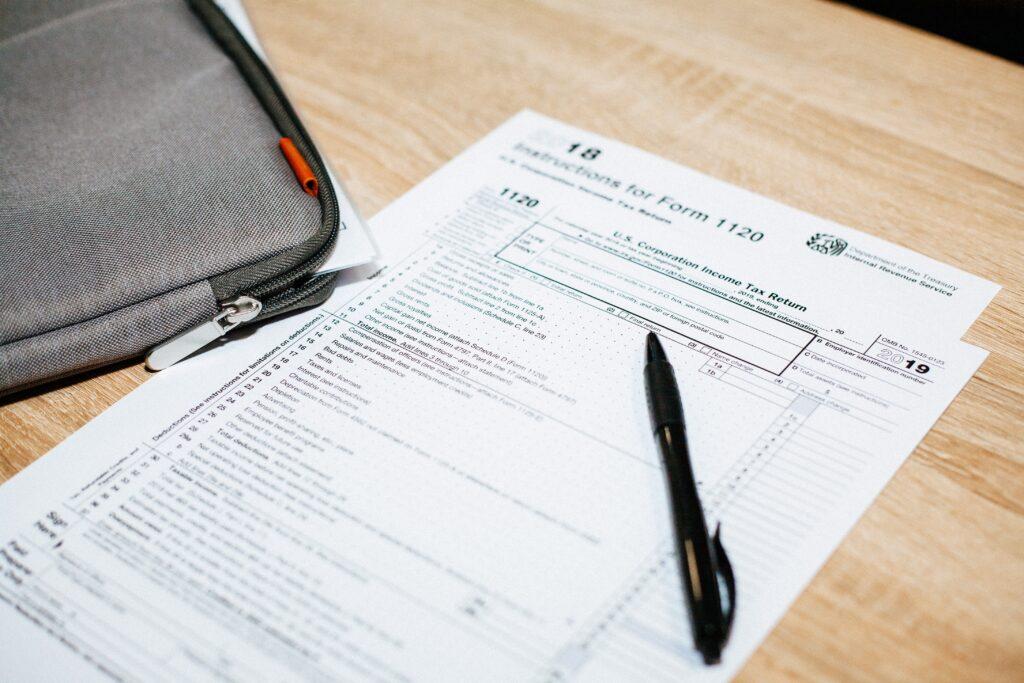If you’re starting out as a digital nomad, this is a question that you might ask yourself: where do you pay taxes if you are a nomad?
Even for experienced digital nomads I’ve noticed they don’t always have a comprehensive understanding of the rules that apply. So let’s have a deeper look at it.
No specific tax rules for digital nomads
You should now that there are no specific tax rules that are applicable to digital nomads. In principle, the same legislation is applied as to ‘normal’ people that just stay within one country.
Nevertheless, due to our specific way of living, we don’t always fit the rules very well. This does not only apply to our way of living, but also to tax regulations. For this reason, digital nomads sometimes operate within a grey area as the tax rules aren’t adjusted to our specific way of living. This can sometimes pose problems, but – at the same times – also offers opportunities.
Applying common rules to uncommon situations
For the everyday person, applying tax rules isn’t most of the time rocket science. There might be some discussion if you work abroad or have certain investments abroad. However, apart from these situations, it will be rather clear most of the time where you’ll be paying taxes: in the country you live in.
That’s where the difficulty kicks in for digital nomads: we don’t live in one country on a fixed basis, the whole wide world is our playground. Therefore, digital nomads most of the time have links with different countries. Yet, these links are mostly rather weak, unlike for other people.
So we need to apply the common tax rules to the uncommon situation of digital nomads.

What are the common tax rules?
Two ways to be deemed a tax resident
The first thing to determine if we look at taxation is where you are a tax resident. Overall, there are two systems countries use to assess if you are tax resident.
The first way is to check how much time you spend in the country. Most countries applying this system will deem you a tax resident if you spend 183 days or more in the country (‘days test’).
The other way is by looking at your center of vital interests. Where are your personal and economic interests situated?
Most digital nomads know very well about the days test but they aren’t always familiar with the test looking at your center of vital interests. Furthermore, the days test is rather straightforward as you just need to count the days you spend in the country. If we’re looking at the center of vital interests, though, this leaves much more room for discussion.
So what does this mean for digital nomads?
So actually, it is hard to apply the aforementioned rules to digital nomads. Most of us know the 180-days rule and look out for it.
At the same time, most digital nomads won’t necessarily have strong links from an economical or personal perspective with any country either. An exemption might be if you have a home base somewhere or some other physical assets (e.g. brick-and-mortar business).
So if you don’t spend too much time in one country or you don’t have a particular link with any country, no country might deem you a tax resident at first glance. You could even use these rules in your advantage: if you set up your homebase in a country which only applies the days test but you make sure you don’t spend more than 180 days there, they still won’t consider you tax resident.
Great, so I don’t have to pay taxes being a digital nomad
Some people conclude from the above that they won’t be liable to tax anywhere. Although, this might be true from a theoretical position, it’s not always true in practice.
The reason for this is that we already mentioned that the concept of center of vital interests can be interpreted rather broadly. Certainly when a tax authority applying this rule has you in its sights, you might better watch out.
Once they find out you’re not a tax resident in another country, they’ll happily give a broad interpretation to the local rules in order to catch in their tax web. This will also leave you struggling to escape their inquiry as you won’t be able to defend yourself by showing them you can’t be considered a tax resident in that particular country because you’re already a tax resident in another country.
Therefore, I’m more a fan of doing the cherry picking yourself and establishing a tax residency in a country of your choice by making sure you have sufficient ties to that specific country by spending sufficient time there or by assuring you’re center of vital interest lie within the country. In this way, you’ll always be a step ahead of other tax authorities and you can choose where do you pay if you are a nomad.
Conclusion: where do you pay taxes if you are a nomad
So the answer to the question where do you pay taxes if you are a nomad isn’t straightforward. It depends.
You could easily try not paying any taxes anywhere. And if you set it up in a good way and make sure you organize you in a way that you don’t fall within the scope of the tax legislation of all the countries you’re visiting or holding assets in, that might work. However, this isn’t anything you could do without proper assistance of an advisor.
The other way to approach this is to pick the country where you feel you want to be a tax resident and then work from thereon. We, digital nomads, like to make our own decisions so why not also do it when establishing your tax residency?
